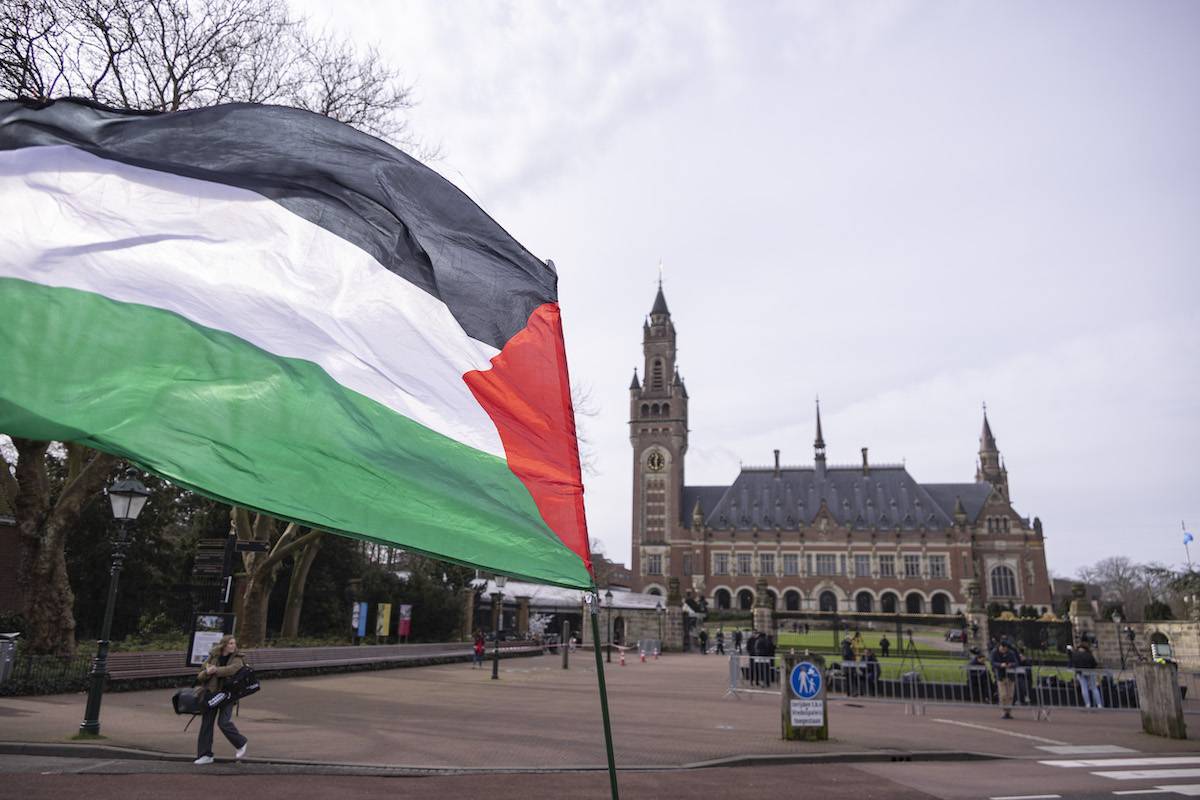Due largely to its ongoing genocide against the Palestinians in the Gaza Strip, Israel is becoming increasingly isolated politically and diplomatically around the world. It appears to have forgotten earlier warnings about a “diplomatic tsunami” that could damage its reputation internationally.
The occupation state is facing a number of crises, including the issue of warrants by the International Criminal Court for the arrest of Prime Minister Benjamin Netanyahu and former Defence Minister Yoav Gallant, the severing of some diplomatic ties, the imposition of long-term sanctions and greater recognition of the Palestinian state. Meanwhile, its leadership continues to reject political solutions, deepening the state’s isolation and focusing on an internal discourse that is divisive among many Jews.
It is worth noting that a few years ago, right-wing Israeli circles mocked the threat of diplomatic isolation directed at Israel. Former Defence Minister Ehud Barak coined the term “diplomatic tsunami” in a speech in March 2011, since when it has been the subject of warnings by politicians and former soldiers every few months.
While the Israeli right-wing dismissed the warnings of diplomatic isolation as a “joke” from the left, they continued to underestimate the consequences for Israeli society of not resolving the Palestinian issue. The normalisation agreements in August 2020, meanwhile, gave Netanyahu’s old claims that foreign policy achievements could be made while ignoring the Palestinians some temporary validity.
READ: Palestinian boy shot by settler in occupied Jerusalem dies of wounds
Israel seemed to be headed for the long-awaited normalisation with Saudi Arabia up until 7 October 2023, but the cross-border incursion led by Hamas and the subsequent Israeli genocide derailed this. Israel has suffered militarily and security-wise, and 14 months into the genocide there is no region in the world where the apartheid state finds itself in a positive situation.
The diplomatic tsunami has hit it mercilessly, wave after wave.
The arrest warrants for Netanyahu and Gallant mark a high point of the political crisis that Israel is experiencing, because they are now effectively banned from travelling to the 124 countries which are signed up to the Rome Statute, through which the ICC was created. They will also face difficulties even when travelling to other countries, such as the US, China and India, for fear of having to stop in an emergency, or having to cross the airspace of countries where the arrest warrants are in effect. The warrants may extend to affect senior generals and other ministers and discourage all Israeli military personnel from leaving the country. They may also lead to further legal proceedings in many countries against Israel, with consequences for academia, sports, culture and international trade relations.
It is worth noting that Israel’s problem is not only limited to the ICC warrants, despite their seriousness, but also to the bilateral decisions that may arise. For example, former Justice and Interior Minister Ayelet Shaked was refused a visa recently to participate in a conference organised by a Jewish organisation in Australia, because her presence was deemed to be a threat to “social cohesion”. Some international airlines have also stopped flying to Israel.
At the same time, Israelis have become afraid to travel between many world capitals that were once their favourite tourist destinations, fearing retaliation for the crimes committed by the occupation army in Gaza. The occupation state’s National Security Council warned against travel to Sweden for those intending to attend the Eurovision Song Contest earlier this year.
Israel’s diplomatic problems continue.
Colombia has severed diplomatic ties, and the UK, France, Germany and the US have imposed sanctions on violent settlers in the occupied West Bank. Norway, Ireland and Spain recognised the Palestinian state in May this year, and 143 members of the UN have recognised and supported the General Assembly proposal to strengthen the position of the Palestinian Authority within UN institutions.
OPINION: Israel was born and depends on ethnic cleansing
The views expressed in this article belong to the author and do not necessarily reflect the editorial policy of Middle East Monitor.

![Fire breaks out on the tents after Israeli attacks on Abu Hamise School, which houses displaced persons belonging to the United Nations Relief and Works Agency for Palestine Refugees in the Near East (UNRWA) in al-Bureij Refugee Camp in Deir Al Balah, Gaza on December 04, 2024 [Moiz Salhi - Anadolu Agency]](https://i0.wp.com/www.middleeastmonitor.com/wp-content/uploads/2024/12/AA-20241204-36374211-36374202-ISRAELI_ATTACKS_ON_GAZA_CONTINUE.jpg?fit=920%2C613&ssl=1)







